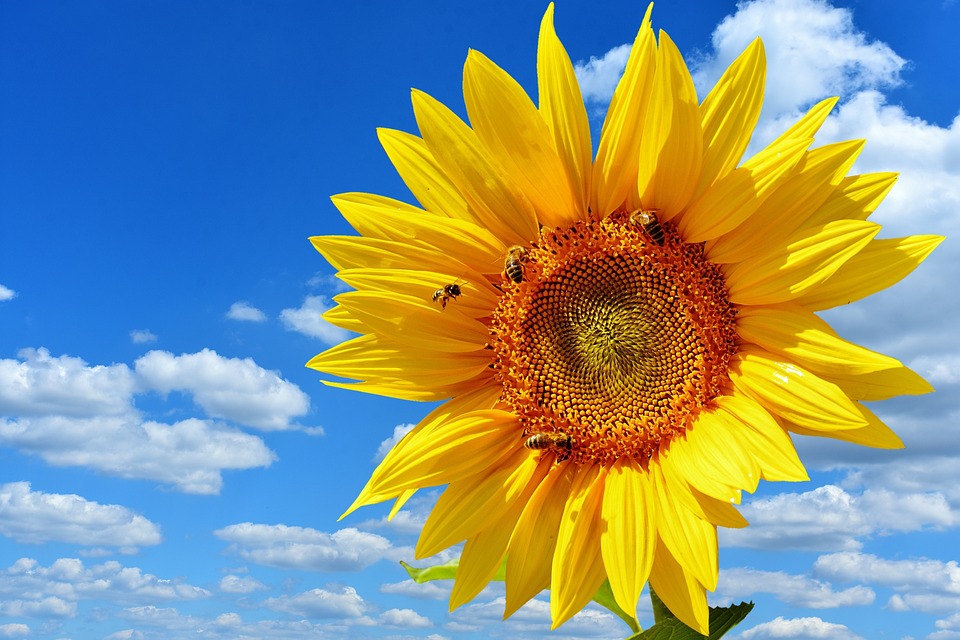The Guardian reported in October that “Three–quarters of flying insects in nature reserves across Germany have vanished in 25 years, with serious implications for all life on Earth, scientists say.”
It’s funny how scientists often confirm what we instinctively know. Anyone who’s driven a car this summer will have noted how few insects there were on the windscreen. Those a little longer in the tooth like me, will recall battalions of flying insects forcing parents to pull over because they couldn’t see the car in front! So, where have all these insects gone and what’s caused their numbers to plunge by 75% over the past 25 years?

The short answer to that question is that the huge decline is unclear. The usual suspects are all evident as potential antagonists, these include loss of natural habitat, widespread use of pesticide and climate change. I can almost hear people groaning every time I write ‘climate change’ as we’re seduced by contrasting political viewpoints. And each offers the view of the dandy highwayman (depending on our interpretation of the ‘facts’).
“Reduce your Co2 or your life!” shouts one side while the other scoffs at such nonsense.
But here’s the thing, whatever the reasons are for climate change, the fact is our climate is changing. And it’s changing at a rate nature is struggling to adapt. It’s out of puff and could do with a piggyback before it’s too late.
I mentioned to a friend of mine that insects were on the decline. “Good!” he said. “It’s a nightmare trying to enjoy a barbecue in summer. I for one will not miss them.”
I imagine that’s how many folks feel.
“But what about insects as an indicator?” I asked. “The proverbial canary in the coal mine. In other words, might whatever is affecting their numbers come hunting for us one day?”
“If it does, it better bring sausages because no-one wants unwanted guests at a family BBQ!” And therein lies the resilience of mankind to overcome and adapt to nature’s loses without a flinch. I love my good friend and his family. But he’s ignoring the basics and he’s forgotten our conversation before he’s finished his first burger.
Why should he care? What do insects do for us? At their most productive, they’re pollinators and provide food for birds. They help reduce natural pests in the garden. The salad we’re tucking into might struggle without pollinators as would much of the food on offer.

Nature needs insects. We need insects – even if they spoil the BBQ. Take the birds for example, isn’t it interesting that insect declines have a similar shape to bird declines? I can see how a reduction in insect ready meals during the breeding season would affect breeding numbers of birds. If protein isn’t available at the time it’s required natural enrichment fails. Some birds may adapt to other foods and others will seek supplementary bird food. But that’s only beneficial if seed mixes are clean and high-quality. But not all species can adapt. Swallows, House Martins and Swifts consume on the wing and there’s little chance of them deciding to feed on a bird feeder. So those birds who are reliant on insects as a food source may, in time, perish – alongside bats, some mammals, fish, reptiles and amphibians.
Read The Guardian’s article here.





2 responses to ““Warning of ‘ecological Armageddon’ after dramatic plunge in insect numbers””
I’m a biologist here in California, so unlike your BBQ ing friend, you’ll get no argument from me! A good source to learn more on these insect declines is The Xerces Society, which is a scientifically based organization focused on invertebrate conservation. Unfortunately, our present federal government cares little for this matter.
Paul
Ventura, CA
LikeLike
Thanks for sharing that, Paul. I’ll add the URL here: https://xerces.org/ and I’ll share it where appropriate.
It’s a great shame nature’s undoing is being largely ignored by governments and it must make a biologist’s blood boil! Your work is important and I hope you can find a way to use what you know to help more and more people understand why it’s important to protect the life that sustains us. Something another biologist (Rachel Carson) was prepared to shout about. With that in mind, please feel free to share what you know on this blog – as long as it’s not BBQ ing tips!
Best regards
Simon
LikeLike